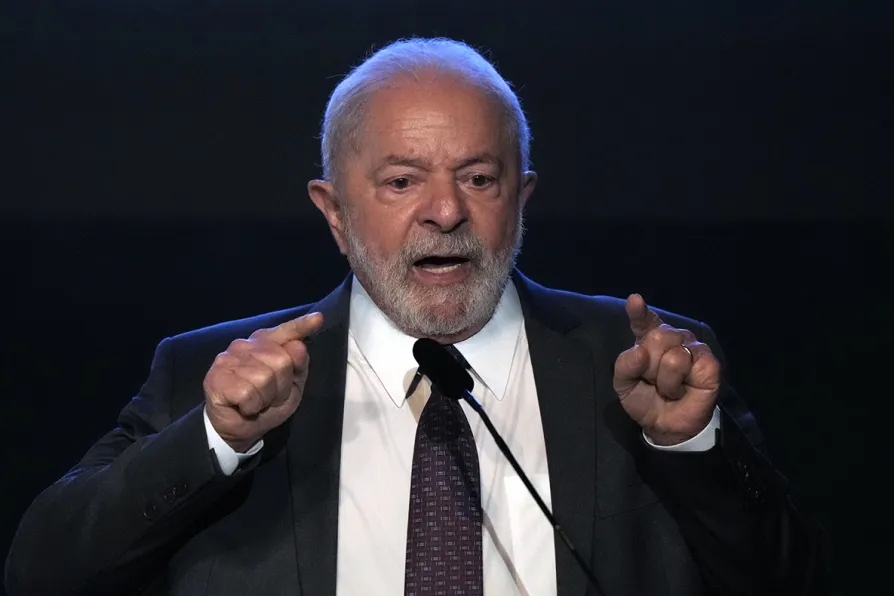Investigators says Ukraine may be behind the attack
Lula fires Brazil's army chief, days after warning some military figures were ‘complicit’ in far-right uprising

 Brazil's President Luiz Inacio Lula da Silva speaks during the swearing-in ceremony of Tarciana Medeiros, the first woman to preside the Banco do Brasil, one of the country's main public banks, in Brasilia, Brazil, on January 16, 2023
Brazil's President Luiz Inacio Lula da Silva speaks during the swearing-in ceremony of Tarciana Medeiros, the first woman to preside the Banco do Brasil, one of the country's main public banks, in Brasilia, Brazil, on January 16, 2023
PRESIDENT Luiz Inacio “Lula” da Silva fired Brazil’s army chief on Saturday, just days after warning that some military members had connived at the far-right January 8 uprising in Brasilia.
The official website of the Brazilian armed forces said General Julio Cesar de Arruda had been removed as head of the army. He was replaced by General Tomas Miguel Ribeiro Paiva, formerly head of the South-east Military Command.
Lula, who did not comment publicly on the firing, met with Defence Minister Jose Mucio, chief of staff Rui Costa and the new army commander in Brasilia at the end of the day.
Similar stories














